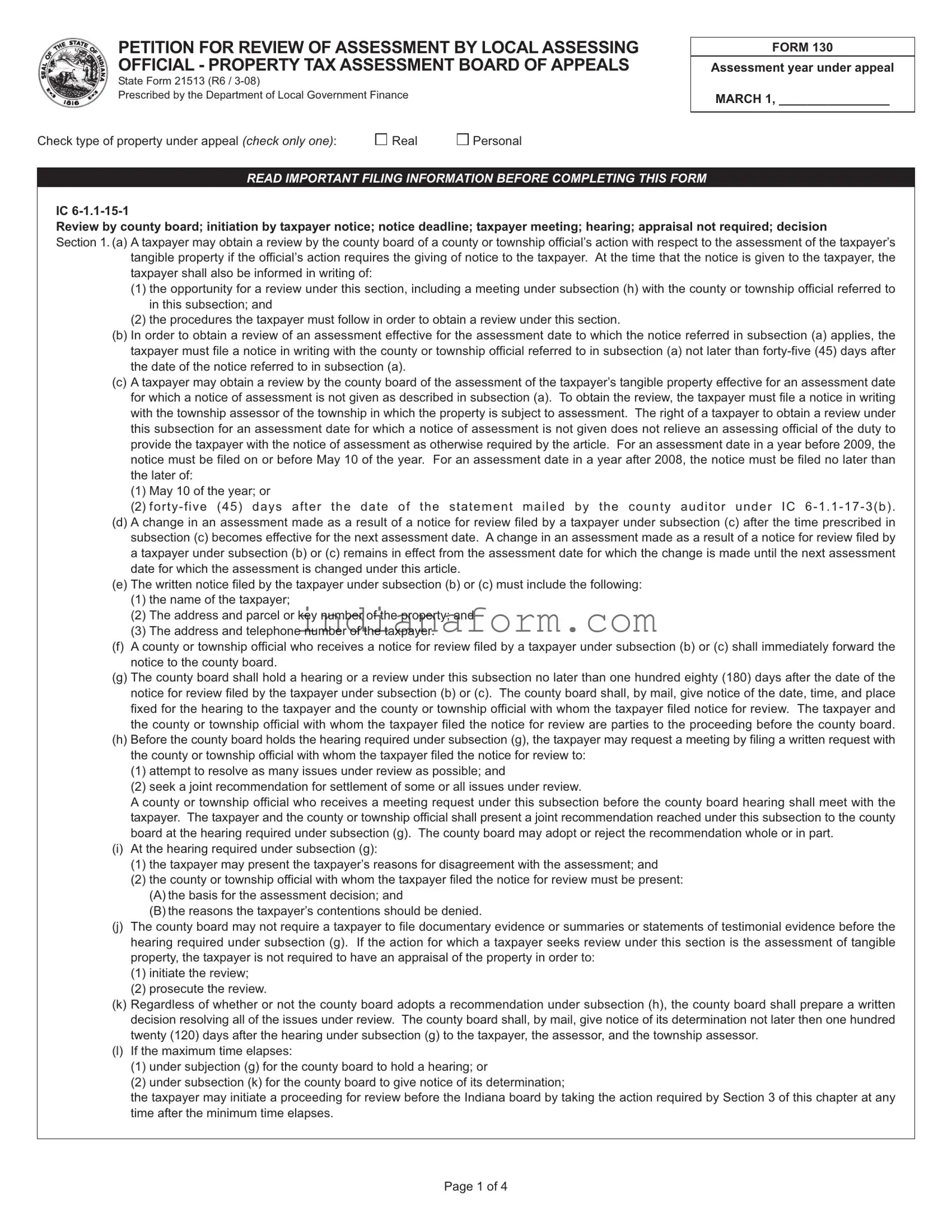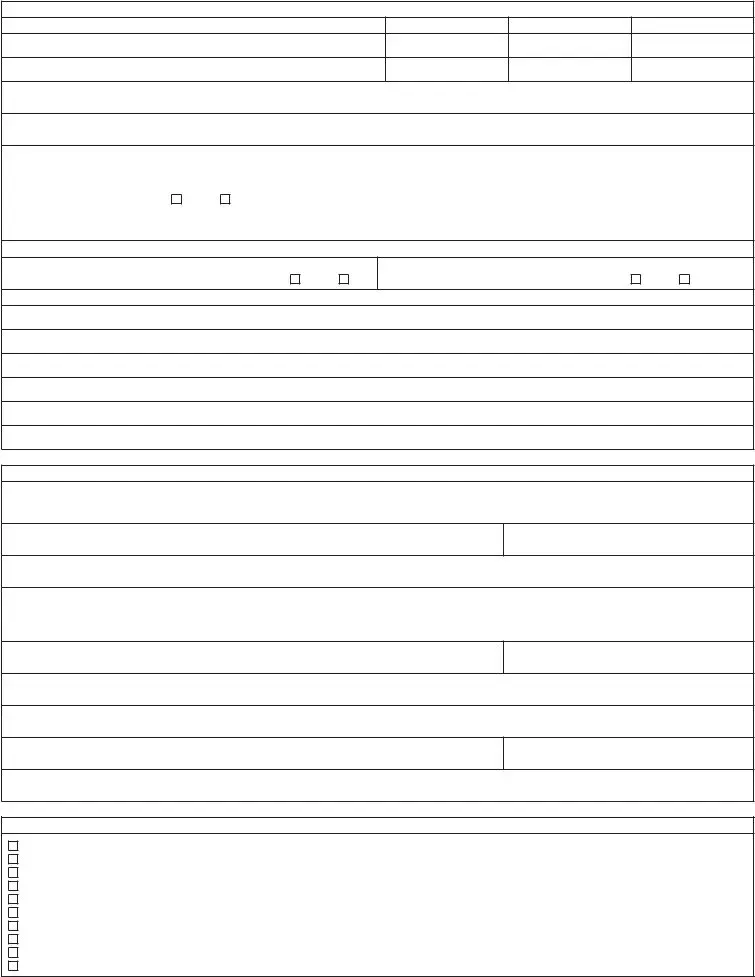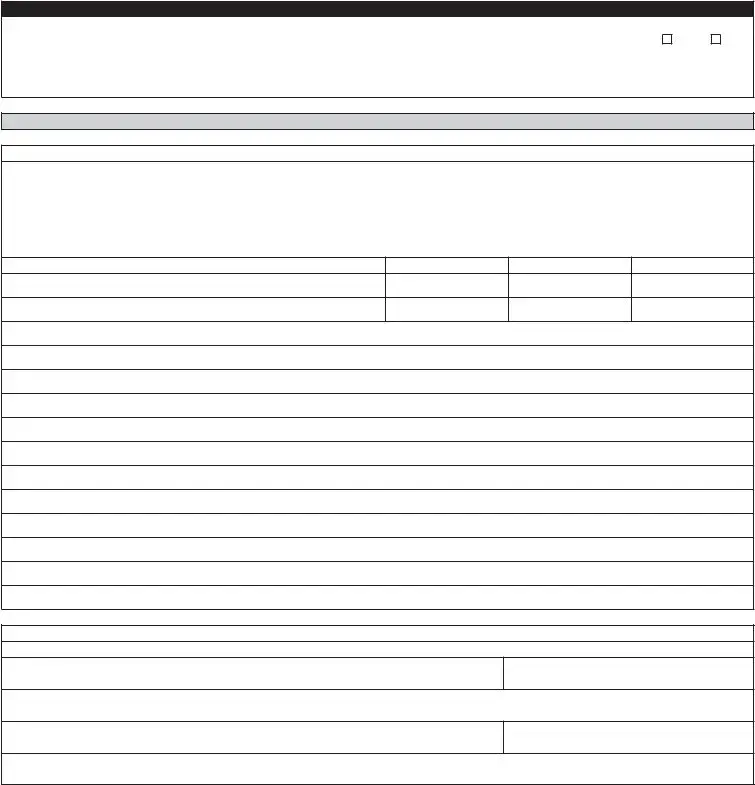READ IMPORTANT FILING INFORMATION BEFORE COMPLETING THIS FORM
IC 6-1.1-15-1
Review by county board; initiation by taxpayer notice; notice deadline; taxpayer meeting; hearing; appraisal not required; decision
Section 1. (a) A taxpayer may obtain a review by the county board of a county or township official’s action with respect to the assessment of the taxpayer’s tangible property if the official’s action requires the giving of notice to the taxpayer. At the time that the notice is given to the taxpayer, the taxpayer shall also be informed in writing of:
(1)the opportunity for a review under this section, including a meeting under subsection (h) with the county or township official referred to in this subsection; and
(2)the procedures the taxpayer must follow in order to obtain a review under this section.
(b)In order to obtain a review of an assessment effective for the assessment date to which the notice referred in subsection (a) applies, the taxpayer must file a notice in writing with the county or township official referred to in subsection (a) not later than forty-five (45) days after the date of the notice referred to in subsection (a).
(c)A taxpayer may obtain a review by the county board of the assessment of the taxpayer’s tangible property effective for an assessment date for which a notice of assessment is not given as described in subsection (a). To obtain the review, the taxpayer must file a notice in writing with the township assessor of the township in which the property is subject to assessment. The right of a taxpayer to obtain a review under this subsection for an assessment date for which a notice of assessment is not given does not relieve an assessing official of the duty to provide the taxpayer with the notice of assessment as otherwise required by the article. For an assessment date in a year before 2009, the notice must be filed on or before May 10 of the year. For an assessment date in a year after 2008, the notice must be filed no later than the later of:
(1)May 10 of the year; or
(2) forty - five (45) days after the date of the statement mailed by the county auditor under IC 6 - 1 . 1 - 17 - 3(b) .
(d)A change in an assessment made as a result of a notice for review filed by a taxpayer under subsection (c) after the time prescribed in subsection (c) becomes effective for the next assessment date. A change in an assessment made as a result of a notice for review filed by a taxpayer under subsection (b) or (c) remains in effect from the assessment date for which the change is made until the next assessment date for which the assessment is changed under this article.
(e)The written notice filed by the taxpayer under subsection (b) or (c) must include the following:
(1)the name of the taxpayer;
(2)The address and parcel or key number of the property; and
(3)The address and telephone number of the taxpayer.
(f)A county or township official who receives a notice for review filed by a taxpayer under subsection (b) or (c) shall immediately forward the notice to the county board.
(g)The county board shall hold a hearing or a review under this subsection no later than one hundred eighty (180) days after the date of the notice for review filed by the taxpayer under subsection (b) or (c). The county board shall, by mail, give notice of the date, time, and place fixed for the hearing to the taxpayer and the county or township official with whom the taxpayer filed notice for review. The taxpayer and the county or township official with whom the taxpayer filed the notice for review are parties to the proceeding before the county board.
(h)Before the county board holds the hearing required under subsection (g), the taxpayer may request a meeting by filing a written request with the county or township official with whom the taxpayer filed the notice for review to:
(1)attempt to resolve as many issues under review as possible; and
(2)seek a joint recommendation for settlement of some or all issues under review.
A county or township official who receives a meeting request under this subsection before the county board hearing shall meet with the taxpayer. The taxpayer and the county or township official shall present a joint recommendation reached under this subsection to the county board at the hearing required under subsection (g). The county board may adopt or reject the recommendation whole or in part.
(i)At the hearing required under subsection (g):
(1)the taxpayer may present the taxpayer’s reasons for disagreement with the assessment; and
(2)the county or township official with whom the taxpayer filed the notice for review must be present:
(A)the basis for the assessment decision; and
(B)the reasons the taxpayer’s contentions should be denied.
(j)The county board may not require a taxpayer to file documentary evidence or summaries or statements of testimonial evidence before the hearing required under subsection (g). If the action for which a taxpayer seeks review under this section is the assessment of tangible property, the taxpayer is not required to have an appraisal of the property in order to:
(1)initiate the review;
(2)prosecute the review.
(k)Regardless of whether or not the county board adopts a recommendation under subsection (h), the county board shall prepare a written decision resolving all of the issues under review. The county board shall, by mail, give notice of its determination not later then one hundred twenty (120) days after the hearing under subsection (g) to the taxpayer, the assessor, and the township assessor.
(l)If the maximum time elapses:
(1)under subjection (g) for the county board to hold a hearing; or
(2)under subsection (k) for the county board to give notice of its determination;
the taxpayer may initiate a proceeding for review before the Indiana board by taking the action required by Section 3 of this chapter at any time after the minimum time elapses.





